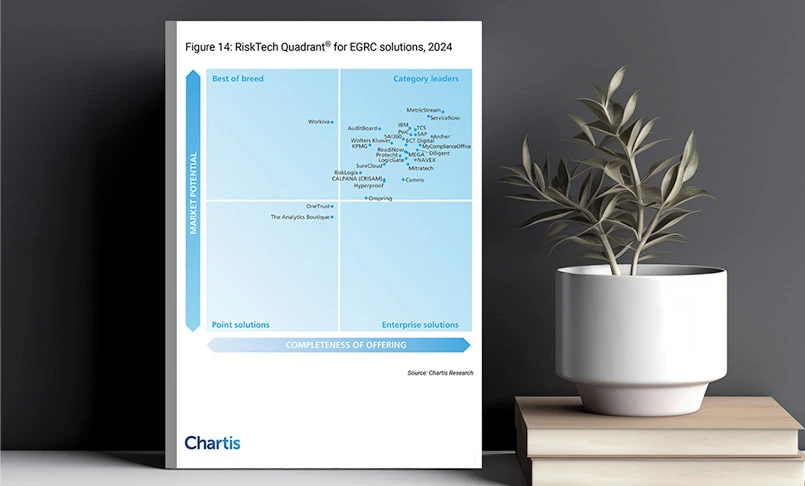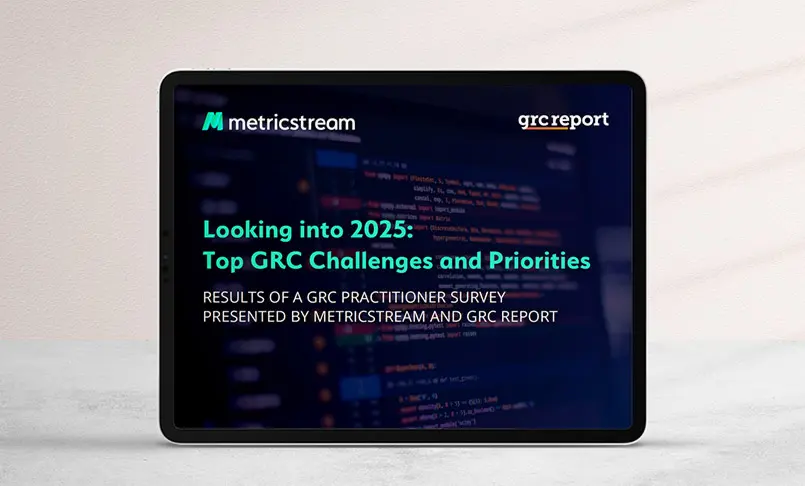Through the GRC Lens
- GRC
- 31 August 20

Gen Z and Millennials, the real champions of survival?
Is COVID-19 the watershed moment in the lives of Gen Z? Despite the significant challenges and unfavorable conditions, we’re facing today, how are the millennials and Gen-Z – soon to become the first line of defense for most organizations – approaching the “new normal”? How have they emerged stronger and more resilient? Let’s find out through the GRC Lens.
While we can see that certain age groups are less vulnerable to the health effects of COVID-19, it appears that no one escapes from the financial and socio-economic challenges it brings. And if, perhaps, the resilience of each generation is tested and shaped by geopolitical events that occur during their formative years, for Gen Z and millennials, COVID-19 has been, undoubtedly, the toughest economic and health crisis they have faced up until now. This rapid change of events has thrown unparalleled challenges within their careers, financial stability, and mental health.
“Almost 30% of Gen Zers and nearly a quarter of younger millennials say they had either lost their jobs or have been placed on temporary unpaid leave in April and May. Only a third of millennials and 38% of Gen Zers taking the pulse survey say their employment and income status has been unaffected,” reveals the Deloitte Global Millennial Survey 2020.
The Gen Zers – the newest addition to the workforce who will shortly make up almost a quarter of the global working population – are facing emotional exhaustion today. The COVID-19 pandemic has affected not only their mental and physical health, but employment, education, and certainly their future.
For the millennials COVID-19 has left them treading water or even worse, trying to stay afloat. A recent podcast by Euromonitor International titled ‘Millennials and Generation Z in the Age of Coronavirus’, predicted that “the average global gross income of millennials will decline by a jaw-dropping 49% in 2020.”
Decreased stress during COVID-19
Gen Z, known for their realistic and pragmatic approach to the life, have shown a decrease in stress levels after the COVID-19 spread. In fact, Gen Zers and millennials believe that the pandemic has made them more empathetic to the needs of others. The pandemic has also motivated them to volunteer and support their communities. “Only 27% of respondents, of the Cassandra Survey, said it had caused them to lower their expectations of the success they would enjoy in life—leaving 73% who feel that the pandemic will not negatively affect their ultimate success and happiness.”
The declining stress level, however, does not mean that mental wellness is not a significant issue for the young generation. It just means that they are learning to be optimistic about the situation.
Increased motivation and purpose-driven mindset in Gen Z
Gaurav Kapoor, COO, MetricStream, highlighting the purpose-driven mindset of Gen Z wrote, “Generation Z is primarily concerned with working for organizations whose ideals resonate with their own; they want to work for organizations they can be proud of. Therefore, it’s important for the organization to prioritize fostering a corporate culture that resonates with their Generation Z employees – a culture based on integrity and trust,” in his article ‘Preparing for Generation Z – The Future of the Front Line in Risk Management’ on Corporate Compliance Insights.
From skill development programs that leverage generational diversity to building emotional intelligence, companies are now implementing new ways to help Gen Zers become the next great generation of leaders. Gen Zers are also now beginning to show greater loyalty to their employers.
Despite the economic challenges created by the pandemic, millennials and Gen Z are approaching their future with a half-glass-full attitude, to emerge stronger from the crisis. This kind of impressive resiliency exhibited by millennials and Gen Zers is critical to molding the “new normal”. This new generation is going to play a pivotal role in shaping the world that emerges with greater hope for a better future.







